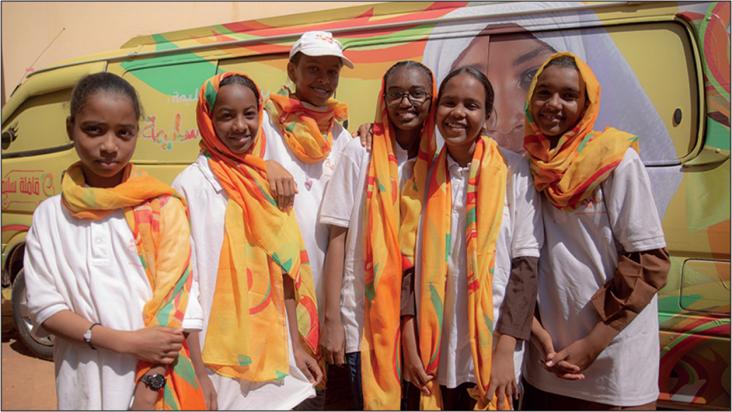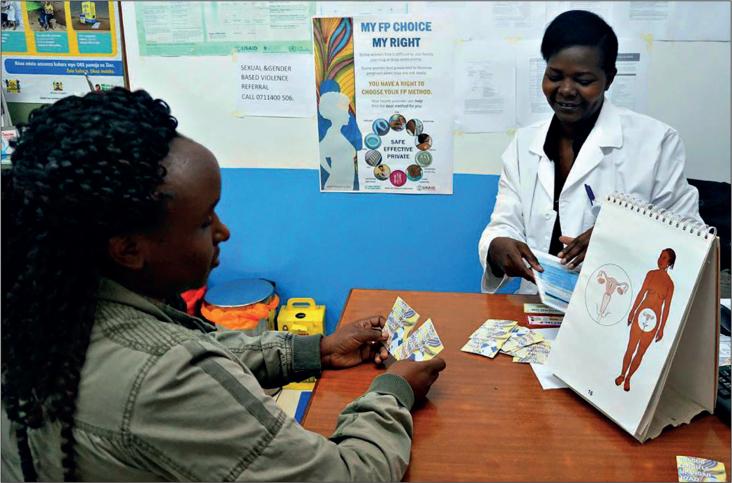Reduce inequality within and among countries
Cancer disproportionately impacts Black patients in incidence and mortality. Accordingly, optimal anticancer pharmacotherapy is critical to improving outcomes in this population, however, Black patients are less likely to receive anticancer pharmacotherapy.
Catalyzing healthcare accessibility through cashless payment gateways in India: a digital revolution
The Lancet Regional Health - Southeast Asia, Volume 23, April 2024
This Comment supports SGDs 3 and 10 by discussing how the use of cashless payment systems in India can help to promote equitable access to health care and improve patient experiences, and well as examining some barriers to adoption.
This primary research Article looks at the effects of being able to access community perinatal mental health teams compared with living in regions where those teams were not available. The study found that, among women with a pre-existing mental disorder, the availability of community perinatal mental health teams reduced the post-natal risk of acute relapse and increased the use of secondary mental health care.

Adolescent girls are not receiving the support they need to thrive and are continuously disadvantaged by inattention and broad inequalities that limit their tremendous potential. Their potential is enormous—as is their belief in a better future.
Elsevier,
Breast Cancer
Multidisciplinary Pathways for Cancer Care in the Community
2024, Pages 40-44
Within this chapter, we will take a look at experiential approaches and best practices to fostering effective and sustainable community outreach and health equity, supporting both SDG 3 and SDG 10.
Large language models (LLMs) are positioned to become another destination for those seeking medical information. Consequently, the readability of these materials becomes an important factor in ensuring their effectiveness in promoting health literacy, given that the average American reads at the eighth-grade level. Supports SDGs 3 and 10.
The present study aims to identify key healthcare quality attributes from primary care professionals' (PCPs’) perspective, to validate an instrument that measures PCPs’ experiences of healthcare quality multidimensionally and to define hospital quality priorities based on PCPs’ experiences.

To mark International Women's Day 2024, Elsevier have curated and made freely available a special collection of journal articles and book chapters to advance knowledge and understanding relating to SDG 5: Gender Equality. The special collection features research relating to inclusion and the empowerment of women and girls across a broad range of disciplines and contexts including health, climate change, natural disasters, biodiversity, smart cities, sustainable development and leadership.
This Series paper supports SDGs 3 and 5 by examining the determinants of maternal health and mortality and how these could be addressed to improve outcomes. The causes of maternal mortality, and efforts to improve maternal health, require a multipronged and multidisciplinary approach.

As a type of violence in intimate relationships, reproductive coercion encompasses a range of behaviours that exert external control over reproductive autonomy, from threats to coerce pregnancy to sabotaging contraception and controlling outcomes of a pregnancy, such as coerced abortion or forced continuation of a pregnancy. At a time when reproductive rights and bodily autonomy are under attack in many countries, and when adolescents (especially transgender and gender-diverse youth) are experiencing large barriers to health care, elucidating core characteristics of reproductive coercion, identifying harm reduction strategies, and preventing relationship abuse and reproductive coercion are of paramount importance.
